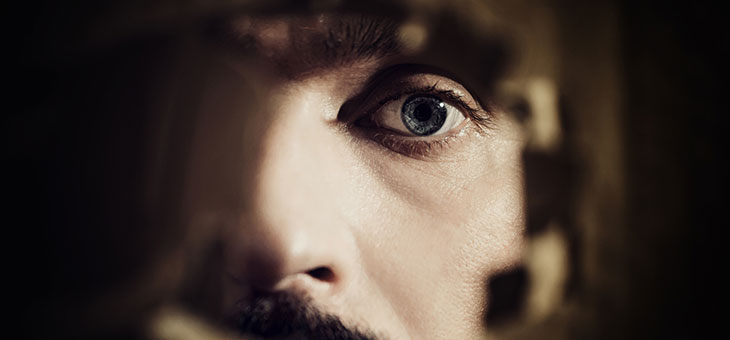Tourists may be targeted by hackers, trying to spy on personal, financial or confidential information. In some countries burner phones may be recommended or even required in order to keep your personal information safe and hidden. Countries such as China, Russia and Belarus are known to systematically monitor information and communication.
Here are five steps to keep your personal information safe and secure while abroad.
Think like a criminal
Try to think what it is that a hacker could potentially want from you. If you work for the government, an IT corporation or have access to sensitive information then you may be targeted.
Understand where you’re going
It’s best to research your destinations before you go as you will be subject to local law. Some countries also have strict laws around the use of encryption and VPNs, meaning that the use or posession of an encrypted device could be breaking the law.
Prepare
Cyber security expert Alex Hamerstone told yahoo.com that it’s best not to risk travelling with “devices loaded with information”. Consider the information you have on your device. Are banking details saved anywhere? Do you have any confidential or private information? Consider how much of your material you’ll actually need while away. You may want to consider backing up or moving this data to a new device or drive before clearing it from your laptop or phone. If you’re travelling through areas with a record of IP theft or espionage, then you may want to take extended measures to secure your devices or consider leaving some behind.
Don’t connect to public wifi
As tempting as jumping on to free or public wifi hotspots may be, they also open you up to a number of risks. When joining a network, you may be unknowingly granting the provider or other users access to your material. It’s best to stick with secure networks that require a password, or even better, buying a local sim card that gives you independent data.
Be careful connecting
Try to avoid downloading new apps or accepting updates while you’re overseas. These may not be secure. You should also scan your device once you return home, especially before connecting it to other networks or devices such as your computer or home wifi.
If you enjoy our content, don’t keep it to yourself. Share our free eNews with your friends and encourage them to sign up.
Related articles:
Technology to keep you independent
Tips for social solo cruises
Dangerous destinations for women

